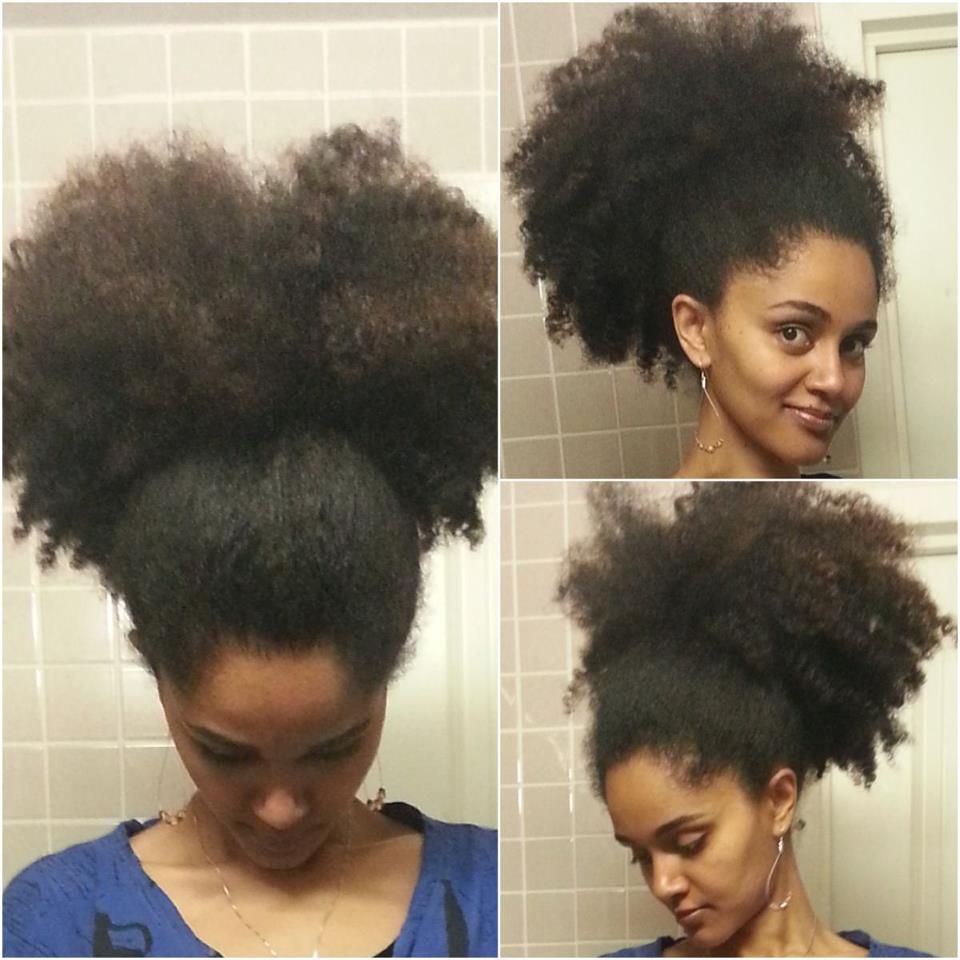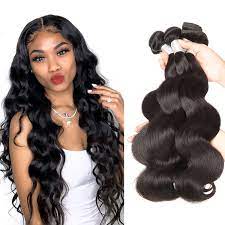Curly Hair comes in many forms, but type 4c has the tightest curl pattern of all. These strands form tight ringlets, and tend to clump more at the ends. It’s also prone to shrinkage, and can lose up to 75% of its length. To keep it healthy, 4c hair should be moisturized regularly.

Those with 4c Hair should use a shampoo and conditioner that is gentle on it. Then, moisturize it before you style it to keep it pliable and reduce breakage. You can also use a leave-in conditioner or natural curl cream to moisturize 4C hair. This can help hold the curls longer.



If you’re looking for the perfect curls, knowing your Hair type will help you achieve the best ones yet. You’ll know which products and styling methods work best for your curls.










Tight curls
Naturally 4C hair tends to dry out easily due to its tight curl pattern. The tight curl pattern prevents the natural oils from spreading evenly throughout the hair, leaving the ends parched for moisture. To help remedy this, you should use a conditioner designed for tight curls. You can also use leave-in conditioners and creams to seal the moisture and prevent the curls from drying out.



Type 4C Hair has the tightest curl pattern of any curly hair type. The strands are tightly coiled and bend into sharp angles. Its texture can vary from coarse to fine. Its curls are often prone to breakage and dryness, and it needs frequent moisturizing to maintain its shape and texture.



Although 4C Hair can be manipulated to achieve the desired results, there are still some challenges that naturalistas must deal with. Due to its tight curl pattern, 4c hair tends to tangle easily and tends to become matted more easily than other types of hair. Because of this, it is important to detangle 4C hair regularly. Detangling is best done using a wide-tooth comb or conditioner that has slip.



Fragile
Fragile 4C Hair is the most delicate of all hair types. It’s especially vulnerable to breakage due to its naturally dry state. Luckily, the right products can help you take care of it. Start by using a shampoo and conditioner enriched with aloe vera. Another great choice is a Monoi Repairing Hair Mask, which has been shown to reduce breakage by 98%.



Natural 4C hair may shrink 70-75 percent. It’s also much drier and more fragile than the other types, but you can still achieve some wonderful hairstyles with it. Fragile 4C hair needs to be handled carefully, so make sure to use brushes that are made for this type of hair.



Women with 4C hair often need to resort to twisting, shingling, and braiding hairstyles to give it definition. Since 4C hair is so delicate, it can break easily from rough combing, high traction hairstyles, and harsh chemical treatments. Additionally, it tends to suffer from shrinkage, which leads to tangles.










Easy to break
Even though you may have been told your 4c hair is more prone to breakage than other types, it’s actually possible to slow the rate of breakage and keep your hair healthy. You can also avoid damaging your hair by being extra gentle with it. You should treat it as a separate section, and avoid any heavy-handed manipulation.



The first step in preventing breakage is to moisturize your hair regularly. You should focus on the ends, and use a moisturizer that seals in the moisture. It’s also important to deep condition regularly. You can do this after every wash, but it is important to use the right deep conditioner for your hair’s porosity.



Tangled



Tangled 4C hair is difficult to style, but you can make it easier by using a detangling product. It’s important to start detangling your hair while it’s still wet, because this way you’ll distribute the product evenly. You can also use a product that quickly dries your hair.



Natural 4C hair tends to be voluminous and coily, so it tends to become tangled easily. This is why you should take extra care when detangling it and using the proper tools. It’s best to avoid harsh combing through the coils, and use tools meant for textured hair. You can also wear protective styles during the day to avoid tangles. When wearing a protective style, make sure it’s secure enough to prevent rubbing.



A detangling brush with flexible bristles is a great option for 4c hair. These brushes work well on wet hair and can help you get rid of stubborn knots without hurting your scalp.



Frailty
The fourth hair type is the most fragile, and it’s especially prone to breakage. Hair in this type is kinky, which means that every strand has a point of weakness. This makes it ideal for protective styles. To help prevent breakage, use products with protein and moisturizing ingredients.



A good shampoo and conditioner for 4C hair should contain water-soluble ingredients to avoid friction and damage to your hair. These products will be your first line of defense against dry hair, and will ensure that your hair stays hydrated. You also want to use a leave-in conditioner that reduces friction and provides moisture. Look for a leave-in that contains proteins and amino acids, and a product that contains a film-forming humectant.



The Frailty of 4C hair is a serious issue, and it must be treated properly. Proper care will help prevent breakage and dryness, which will negatively affect your hair’s growth. This can also lead to inches lost.



Dryness
Hair with high porosity can be very dry and frizzy. A protein conditioner may be beneficial for this type of hair but is not necessary as daily use. It is also important to drink enough water to keep your hair moisturized. A product that contains sulfates can strip your hair of its moisture and nutrients.



A good deep conditioning product contains ingredients that penetrate deeply to replenish moisture lost through styling. It should also be able to retain moisture in your hair for longer periods of time. Unlike regular conditioning, deep conditioning helps you avoid tangling, split ends, and damage caused by heat. Using a satin hair product prevents moisture loss overnight and will also protect against normal snags and friction-induced split ends.



Another way to prevent dryness in 4C hair is to use a sulfate-free shampoo. This is because sulfates can strip your hair of natural oils, causing more dryness. You should also avoid washing your hair too frequently as this will negatively impact the moisture levels in your hair.



Split ends
Split ends are inevitable, especially in 4C hair. They cause tangles and breakage, so you should take care to keep them at bay. You can start by keeping a balanced diet and drinking plenty of water. Your hair will be much healthier if you don’t let them get out of hand, and regular trims will make it grow faster and stronger.



Split ends can be caused by a few different causes, including improper handling. Mishandling hair will cause the cuticle to break, and extreme weather can also cause split ends. Using a detangling spray, like Paul Mitchell’s The Detangler, will help prevent breakage.



Split ends are caused by improper hair care and styling, and they can even be caused by the use of excessive moisture and protein. Regular deep conditioning will strengthen your hair and add shine, and improve the condition of your tresses. To get the best results, use a product with olive oil to nourish and restore your strands.














Moisturizing
The first step in moisturizing 4c hair is to find the right moisturizer. Fortunately, there are plenty of good natural moisturizers available. The porosity of your hair is an important factor in moisture retention, so choosing a water-based formula is essential. Once you’ve found the right moisturizer, it’s time to apply it to your 4C hair.



Moisturizing your 4C hair is important because this type is prone to breakage and dryness. It’s also easily tangled and can be prone to bald spots and uneven lengths. The most effective solution is to apply a conditioning treatment that is designed for this type of hair.



Daily moisturizing is not necessary, but daily spraying can help. This can help replenish the moisture that your 4C hair lost during the day. Applying oil is another great option. Oil can treat split ends and can easily be integrated into your regular routine. And don’t be afraid to experiment with different products and methods. You may be surprised how well they work!

